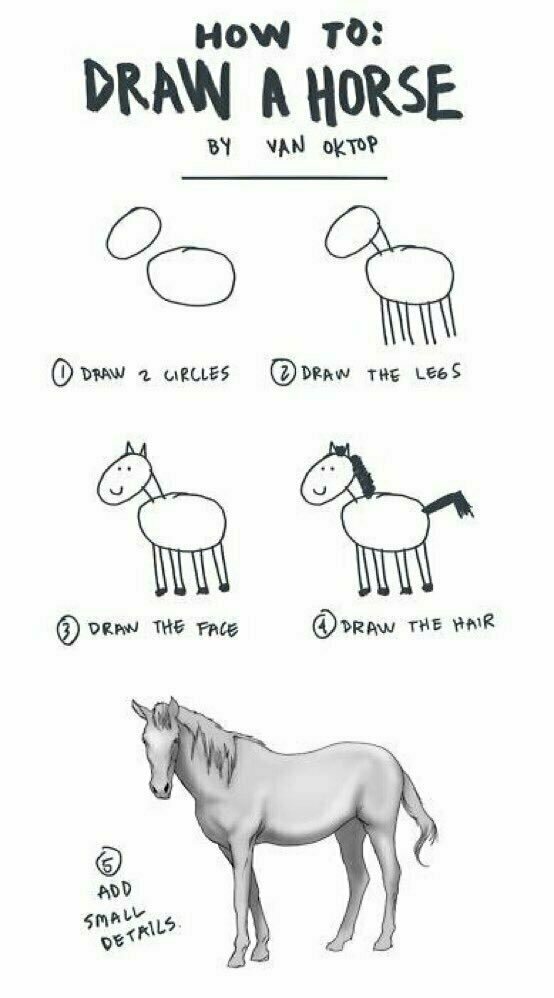Bayard https://en.wikipedia.org/wiki/Bayard_(legend)
Mentioned in opening episode of Anne with an E (Netflix)
Bayard https://en.wikipedia.org/wiki/Bayard_(legend)
Mentioned in opening episode of Anne with an E (Netflix)
If someone tells you that your Zettelkasten is not a Zettelkasten, just refer him to the late Wittgenstein and send him a three-legged horse. It might not solve the issue but bring some peace to your mind.
Perhaps apropos from Wittgenstein's own zettelkasten? 🐎
- ''Putting the cart before the horse" may be said of an explanation like the following: we tend someone else because by analogy with our own case we believe that he is experiencing pain too.—Instead of saying: Get to know a new aspect from this special chapter of human behaviour—from this use of language. (p96)
Wittgenstein, Ludwig. Zettel. Edited by Gertrude Elizabeth Margaret Anscombe and Georg Henrik von Wright,. Translated by G. E. M. Anscombe. Second California Paperback Printing. 1967. Reprint, Berkeley and Los Angeles, California: University of California Press, 2007.
https://www.riteaid.com/shop/joiedomi-skeleton-unicorn-inflatable-5-ft

This could make an interesting yard decoration for midwinter and Mari Lwyd.
In 280 B.C., the Romans first encountered war elephants, brought to Italy by Greek King Pyrrhus.
Captured as a boy from Bisaltia in northeastern Greece, a prisoner named Naris heard about the marvelous dancing horses in the Kardian barbershop where he worked.
Naris usedhis knowledge of the trained dancing horses of the Kardians of Thrace against them in battle to win.
rses often have some health issues, like arthritis, and can’t spend hours on the trip and keep up with speed. It is the same with re
https://www.deephollowranch.com/how-far-can-a-horse-travel-in-a-day/
An average horse in good condition can travel roughly 25-35 miles in a day with appropriate food, water, and ideal conditions.
Galloping at top speed (25-30 miles per hour) an average horse will only last about two miles. At a trot (8 to 12 miles) a horse will last for 20 miles before it tires out and needs rest.
These numbers can give an idea about travel, sending messages, and governing large empires in ancient times.
“Rest! He has only come three and twenty miles today; all nonsense; nothing ruins horses so much as rest; nothing knocks them up so soon. No, no; I shall exercise mine at the average of four hours every day while I am here.”
How do you normally travel to your vacations? While we now depend on machines to get us where we are going, relying on animals used to be the norm. In Regency England, your travel would have depended on having access to horses, as John Thorpe indicates in this passage. While Thorpe argues that rest ruins horses, his treatment of horses counters the common practices at the time, hinting at his callous character. While traveling it was common to stop at coaching inns to get food, alcohol, rest, and fresh horses before continuing on the journey. The term “stagecoach” derives from the fact that journeys were undertaken in stages of 15-20 miles in length. At each stage stop, horses would be changed to ensure the health of the horses and the speed of the journey. Hired horses only traveled between stages, going back and forth between posts that averaged about ten miles apart. So, you would use your own horses for the first part of a journey and leave them at the coaching inn for your servant to retrieve, while continuing on your journey with hired horses. This process would be repeated at each stage of travel.
Domestic tourism was a growing area of interest for many Britons in the late 17th and early 18th centuries. While the European Grand Tour has been popularized in literature, domestic tourism was celebrated as a patriotic way to learn about the history and modern state of Britain, as well as offering an enjoyable leisure pursuit. As John Thorpe offers to Catherine Morland earlier in this chapter, one aspect of the leisurely pursuits offered by domestic tourism was exploring the countryside by the phaeton, as depicted in this painting by George Stubbs. Travel thus became something undertaken as an activity unto itself, rather than an uncomfortable method of arriving at one’s destination. Perhaps John Thorpe and James Morland are themselves enjoying a domestic tour of Britain when they encounter their family members in Bath.
Following on the IndieWeb's "just" conversation, this illustration is a good example of the idea, though step 5 doesn't include the words "just" or "simply". It can reflect the problems of leaving these words out without providing the additional context they're papering over.

Misty lived there with Henry for 10 years.
Loved this book and had a Misty toy horse as a child.
therapy with horses
Unfortunately, rider Nick Bull wasn't quite prepared for the moment that Shamrock, a 9-year-old bay gelding, decided to kick their ride up a notch.
Scary stuff1